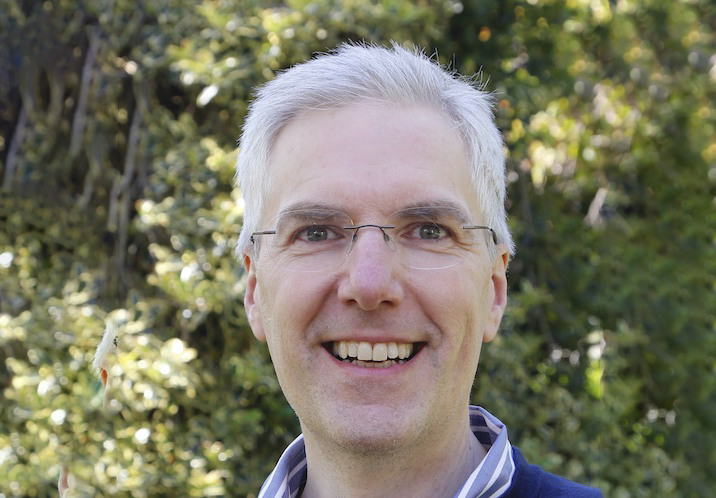Bringing computation to the climate challenge
Research summary
Anthropogenic climate change will reshape our world, but we lack sufficiently accurate and useful projections of how. The goal of this grand challenge is to provide accurate and actionable scientific information to decision-makers to inform the most effective mitigation and adaptation strategies. We envision a novel platform that leapfrogs existing climate decision support tools by leveraging advances in computational and data sciences to improve the accuracy of climate models, quantify their uncertainty, and addresses the trade-off between performance and computation time with attention to industry and government stakeholder needs. First, we will develop a digital twin of the Earth that harnesses more data than ever before to reduce and quantify uncertainties in climate projections. To serve the needs of stakeholders, we will develop emulators of the digital twin tailored to maintain the highest possible accuracy in predicting specific variables, like droughts, floods, or heat waves, while still being easy and fast to run.
Leadership team

Raffaele Ferrari
Raffaele Ferrari is the Cecil and Ida Green Professor of Oceanography in the Department of Earth, Atmospheric and Planetary Sciences, and director of the Program in Atmospheres, Oceans, and Climate. He studies the circulation of the ocean, its impact on past and present climates, and its role in shaping biological productivity.

Noelle Eckley Selin
Noelle Eckley Selin is a professor with a joint appointment in the Institute for Data, Systems, and Society and the Department of Earth, Atmospheric and Planetary Sciences. She also serves as director of the Technology and Policy Program. Her research uses atmospheric chemistry modeling to inform decision-making on air pollution, climate change, and hazardous substances.
Snapshot
Grand Challenge
MIT Faculty and Researchers
MIT SCHOOLS/AFFILIATION
Get involved
Contact:
Raffaele Ferrari
Raffaele@mit.edu
Noelle Eckley Selin
Selin@mit.edu